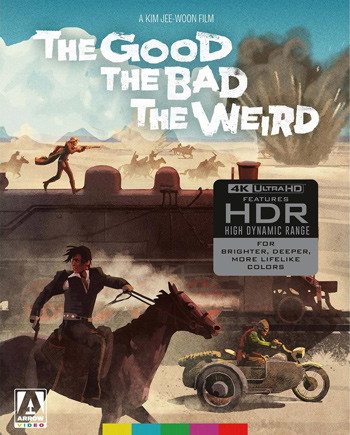
Arrow
What is it about the New Korean Cinema of the 21st century that allowed it to breakthrough so spectacularly into the American popular consciousness on both the critical and commercial levels?
America has had something like an “art house” culture for foreign film since the New York premieres of Rashomon and Bicycle Thieves in the 1950’s, and there have been specific boom periods enjoyed by Hong Kong and Italian motion pictures in the popular cinema, but you would be hard pressed to find another country that has exported so many films, of such varied type to the American market as South Korea has since the surprise success of Joint Security Area in 1999.
The Good, The Bad, The Weird speaks directly to what makes Korean cinema both so unique and so accessible to a popular audience.
Debuting in 2008 from director Kim Jee-woon, the “Kimchee Western” came right in the middle of an incredible run of genre bending action and horror films that includes psychological horror study A Tale of Two Sisters (2003), heroic bloodshed classic A Bittersweet Life (2005), and the haunting action-thriller I Saw the Devil (2010).
What makes Kim’s films so interesting is the willingness to pair familiar genre premises with an anarchic willingness to take the story and visual style in wild new directions that feel both liberating and completely logical. In the case of The Good, The Bad, The Weird Kim has composed a kind of Korean love letter to the work of Sergio Leone’s five westerns but set in occupied Manchuria during the Second Sino-Japanese War in 1939.
The basic structure strongly evokes 1966’s The Good, the Bad, and the Ugly right down to the trio of main characters.
In this case, Song Kang-ho of Parasite plays Yoon Tae-goo, a wild bandit sticking up trains running through Japanese territory in Manchuria. In his latest heist he picks up a Russian map that Park Chang-yi (Lee Byung-hun of A Bittersweet Life), a hired gun, has been tasked with locating by a corrupt Manchurian government official who believes it leads to a lost cache of Imperial gold. The situation is complicated by bounty hunter Park Do-won (Jung Woo-sung, of Musa) who is tracking Park but picks up Yoon’s scent during a chaotic three-way shoot out on a speeding train.
If that sounds like a lot of moving parts, it is, and if The Good, The Bad, The Weird has a flaw it’s that its complex narrative probably requires more than one sitting to really absorb all of its details. The chase for the map, and the location it details are not just a narrative given and the ending has multiple twists that play better on a second viewing when you can clearly see how they’ve been foreshadowed.
The Good, The Bad, The Weird has an immense sense of cinematic style and presence. Its main characters swagger into scenes and the action is both graceful and explosive. This is a rollicking adventure and even if you’re having trouble juggling all its component parts, each set piece is so excellent that it’s hard to imagine someone who cannot have fun with this film.
As with the Leone film that this film’s title alludes to it’s the third member of the trinity that carries the emotional heft of the film. Song Kang-ho is easily the most famous Korean actor to western audiences thanks to being featured so heavily in the films of Bong Joon-ho and he turns in an exceptional performance here: alternately hilarious, pathetic, dangerous, and inventive. Park Chang-yi and Jung Woo-sung spend most of the film’s first hour in stoic reverie as their characters slowly develop but Song is fully formed from the first moments.
The disc features a restored 4K print and DTS-HD MA 7.1 audio featuring International and Korean cuts of the film, an introduction to the film by Kim Jee-woon, multiple audio commentaries, interviews, featurettes, image gallery and trailer gallery
The Good, The Bad, The Weird builds momentum expertly and barely ever stops to take a breath.
What makes it work as one of the great Korean genre films is how it’s legitimately building to a tremendous climax and how it captures Leone’s sense of the ironic juxtaposition of absurd comedy with the desperate, hard scrabble life on the frontier. The film represents a mature blending of three strains of popular filmmaking: American, Italian, and Korean and finds something both completely fresh and reassuringly familiar in the union.
Highly Recommended.




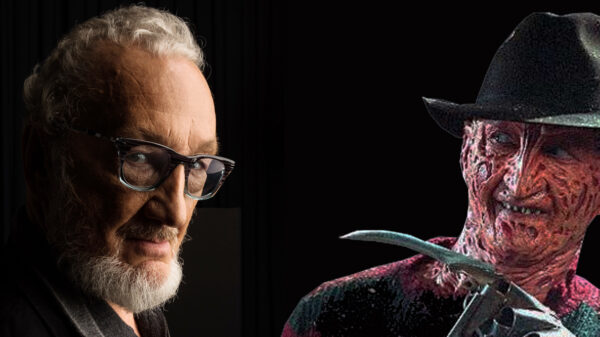
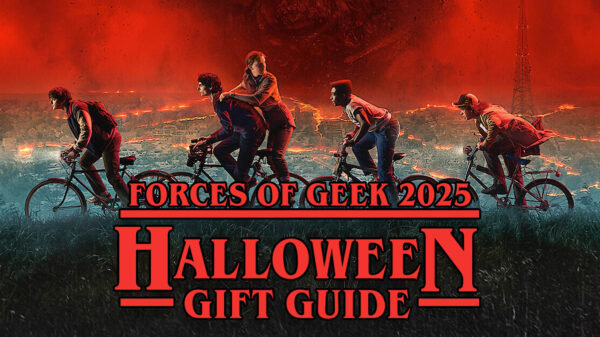
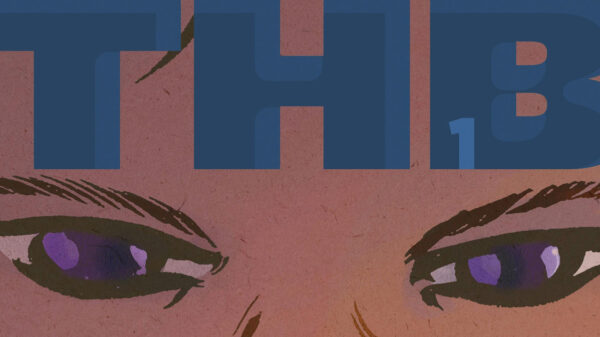

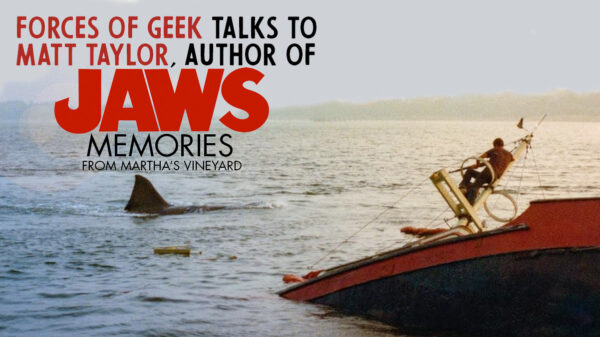
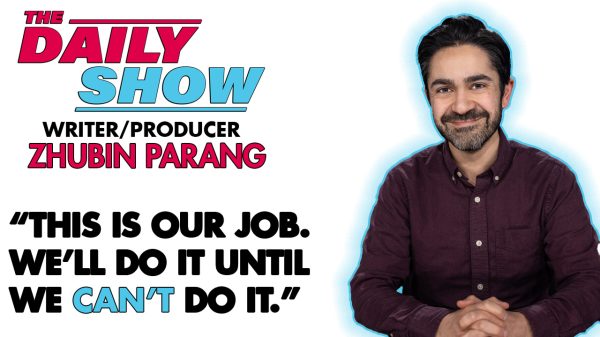
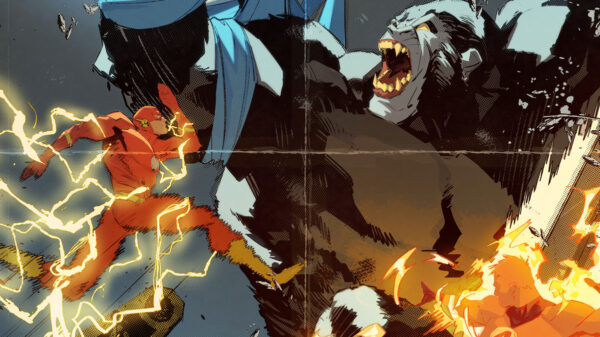
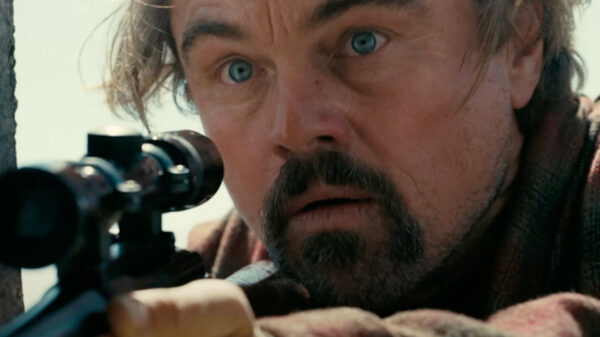
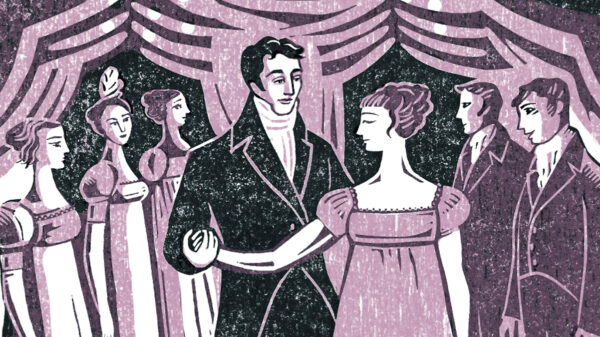
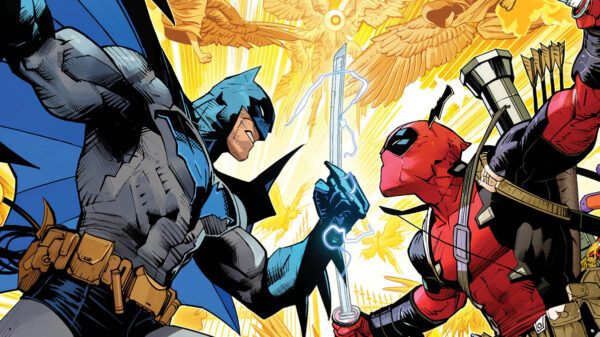
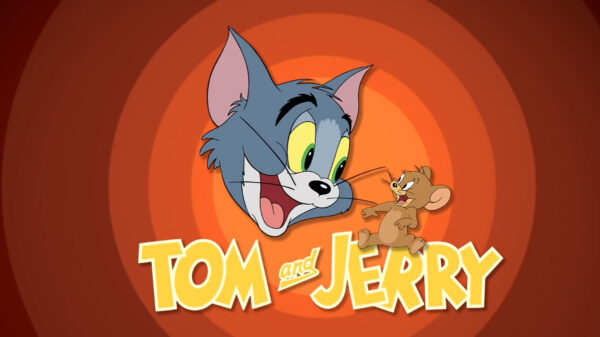



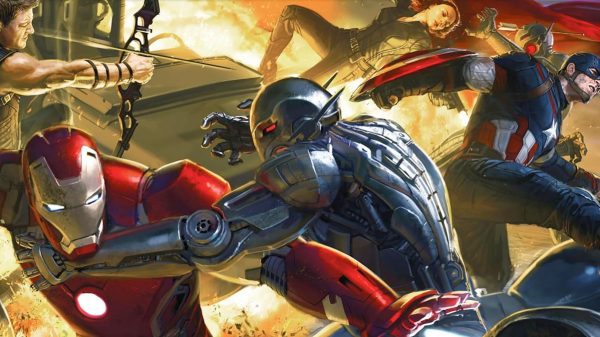

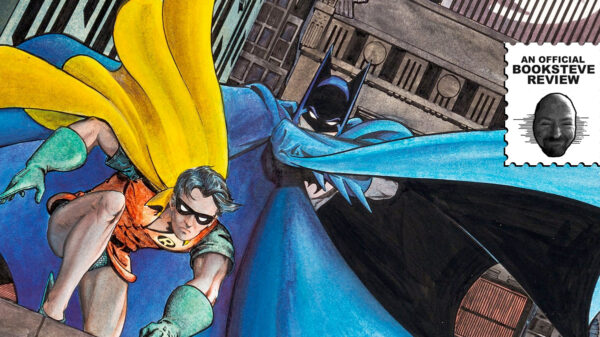
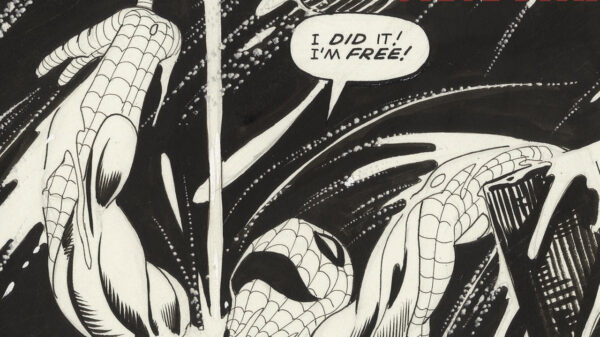
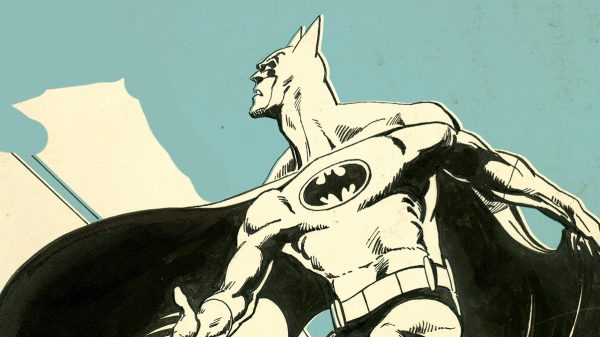

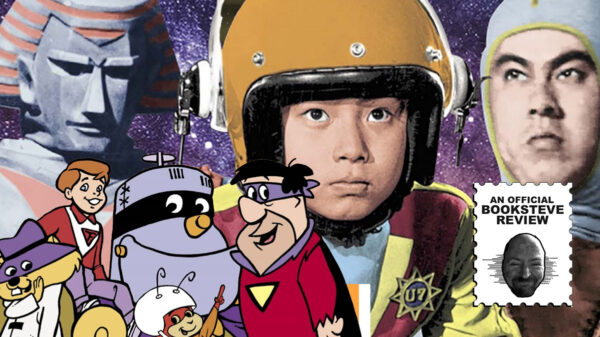
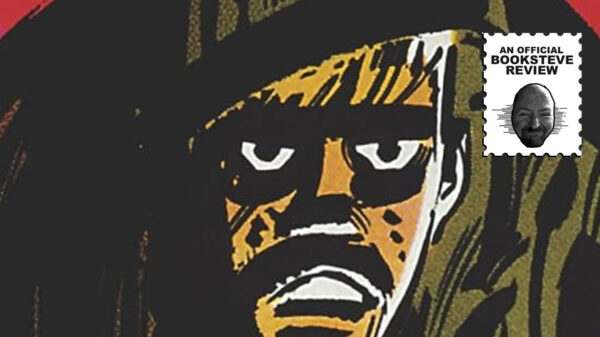
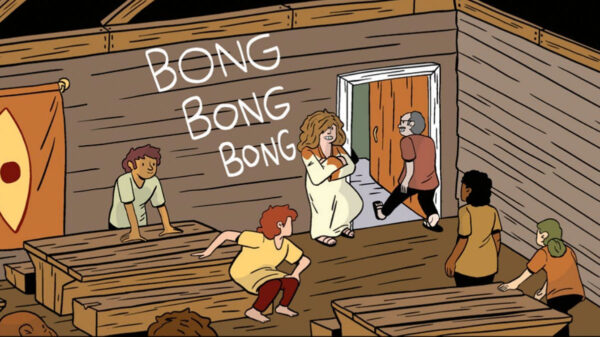
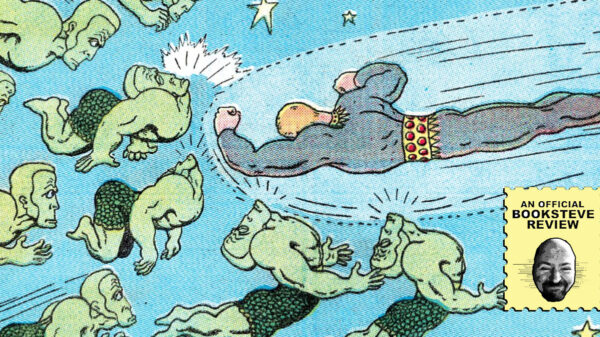
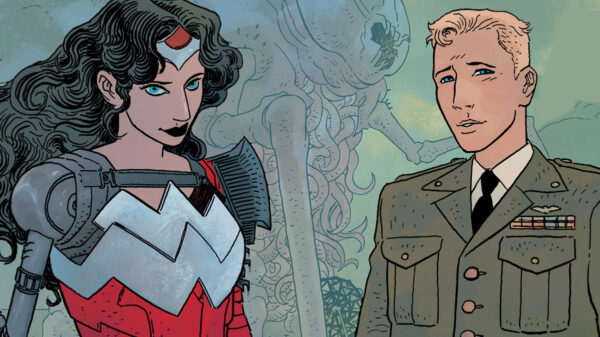









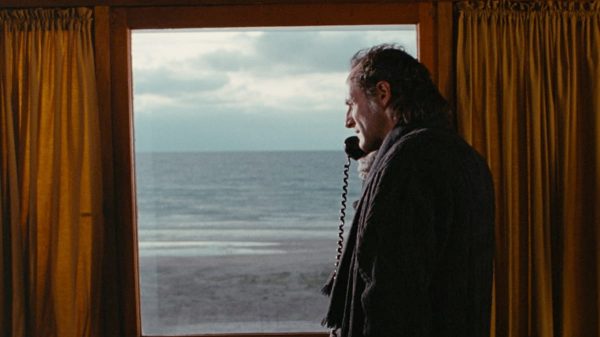
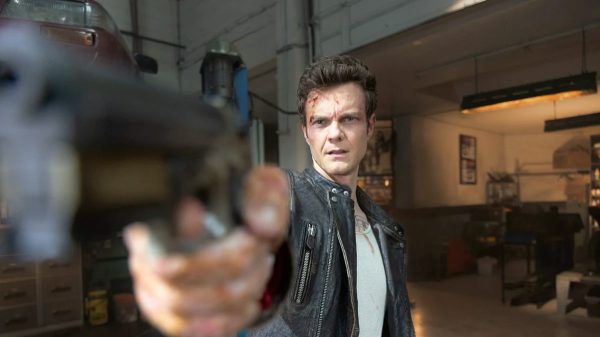
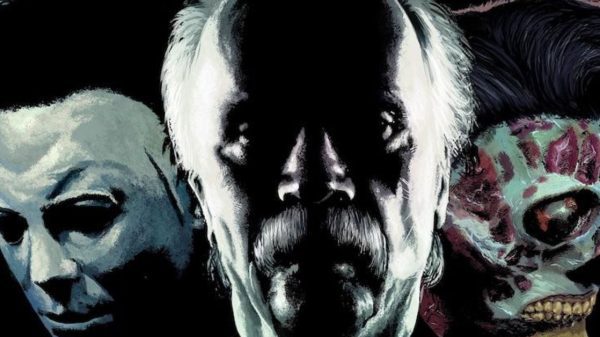
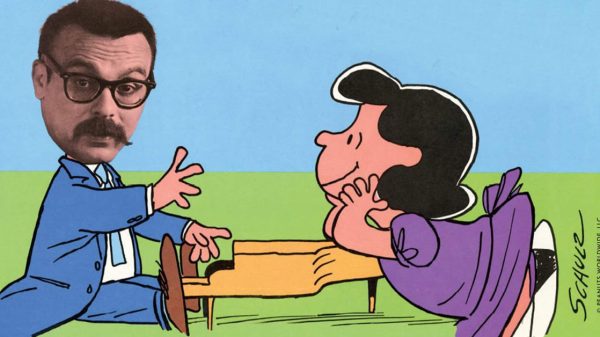
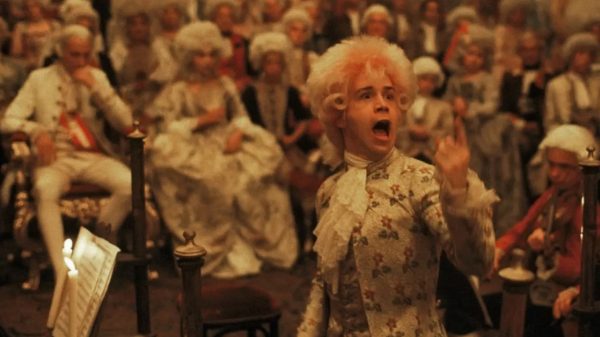











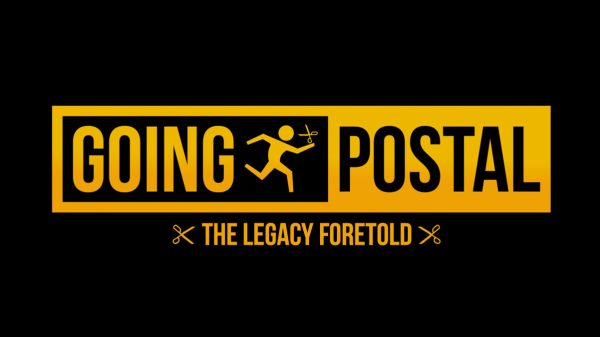

















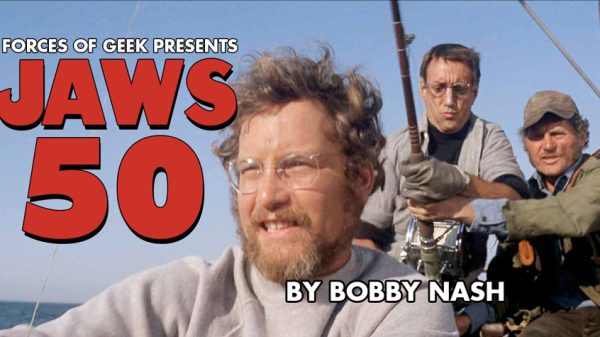









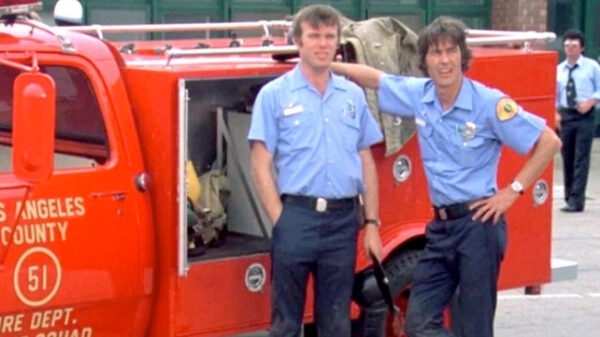
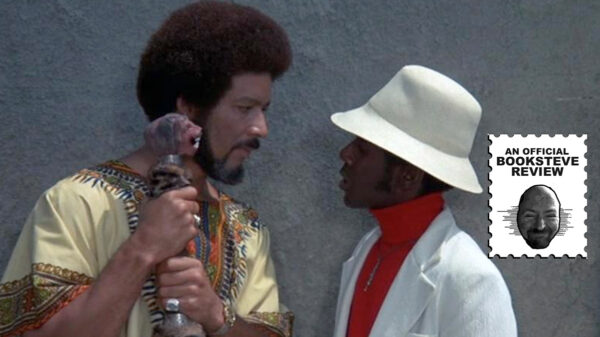
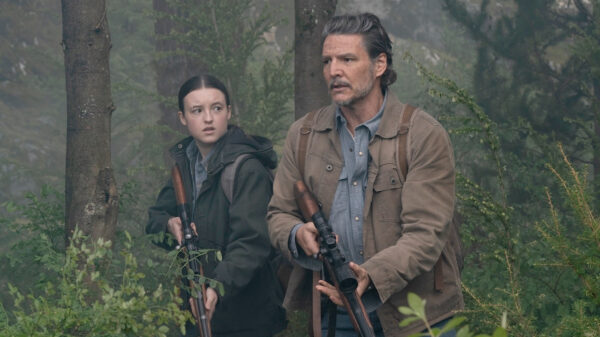




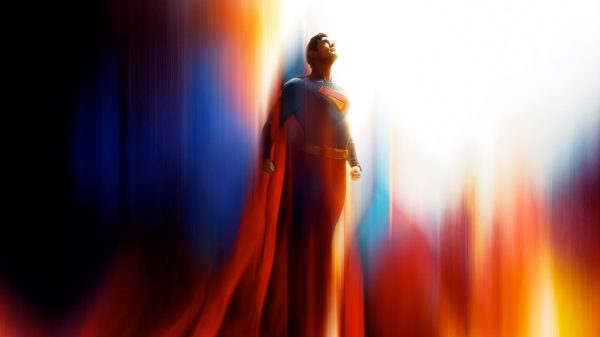
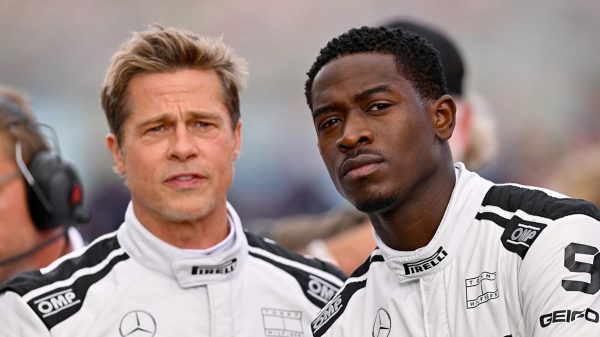
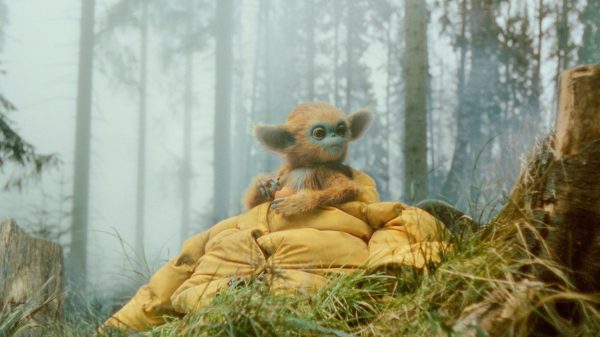



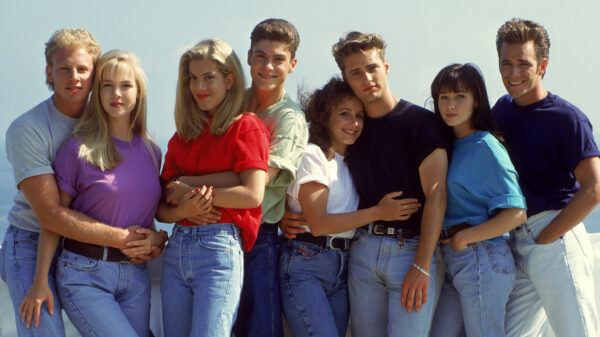
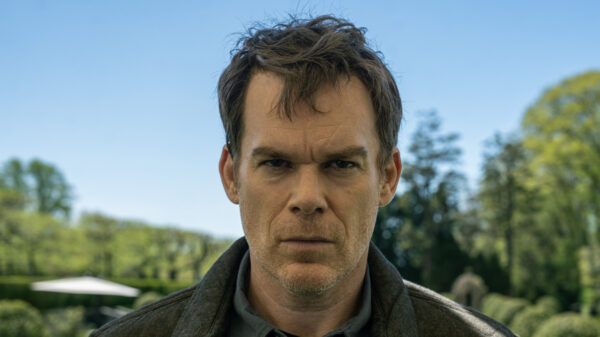
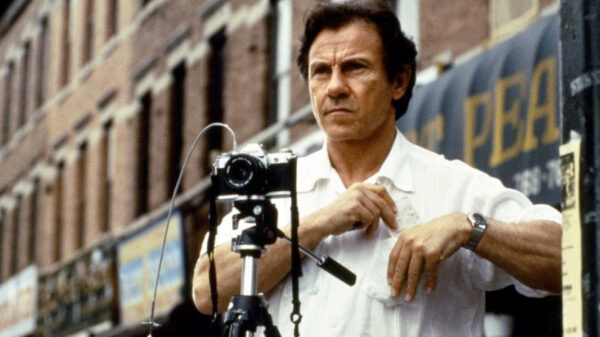
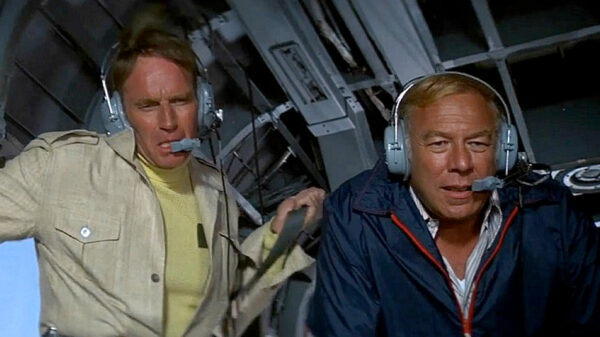
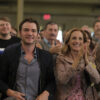
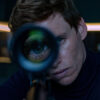

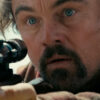
You must be logged in to post a comment Login